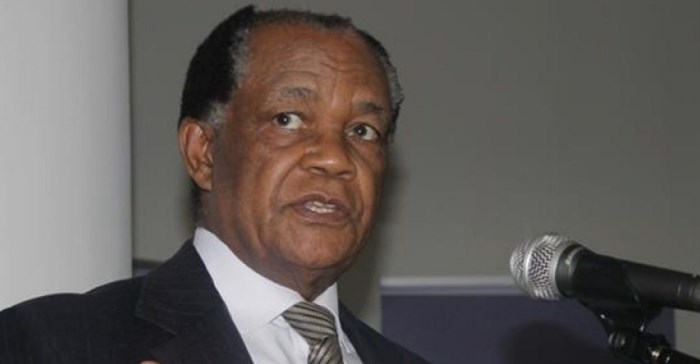






“2017 has been a defining year for the OTO in overcoming patent obstacles limiting the OTO’s ability to serve as an independent resource for taxpayers,” says Madelein Grobler, South African Institute of Chartered Accountants (Saica) project manager: tax legislation. “The most significant legislative extension included an extended mandate for the OTO to initiate a review of current systemic tax administrative matters such as the OTO Report of alleged delayed payment of refunds or emerging tax administrative issues. The ability of the OTO to appoint its own staff and the allocation of its own financial resources furthermore increased the OTO’s operational independence.”
“The 2017 Annual Report states that 621 complaints were finalised, while 897 complaints have been carried forward. It is worth noting that 86% of the complaints that were finalised were in favour of taxpayers. The carried forward cases on the other hand emphasise the importance to increase the OTO’s human resource capacity.
The report does not shy away from the increased percentage of complaints being rejected. A total of 1,722 cases were rejected in 2016/17 representing almost 50% of the total cases (i.e. 3 454) received, compared to 2015/16 where nearly 44% of complaints (938 of 2,133 were received). Complaints are rejected if they fall outside the mandate of the OTO or when a complaint is lodged prematurely (i.e. the taxpayer did not exhaust Sars’ internal complaints mechanisms).
Given that the OTO is mostly contacted by individual taxpayers, representing 77% (i.e. 12,077) of the total 15,658 contacts, we unpack the mandate of the OTO. In summary, the OTO’s mandate is to review and address any service, procedural or administrative complaints initiated by taxpayers relating to powers exercised by Sars in terms of a tax act. Invariably, the more prevalent the issues are and the more significant the adverse impact on a number of taxpayers, the more likely that a review will be conducted on the basis of the matter being systemic.
The matters that fall within the mandate of the OTO may be unpacked by way of an example, which could then furthermore form the basis of a review in terms of the OTO’s extended mandate:
The purpose of the OTO is to increase the efficiency of SARS and the tax administration system in collecting taxes, while facilitating a good relationship between Sars and taxpayers. In discharging such mandate, the OTO is in effect a mediator between Sars and taxpayers in resolving administrative tax complaints and also ensures that taxpayers have full access to Sars’ complaints resolution mechanisms. The 2016 legislative amendments, effective from 19 January 2017 are considered to increase transparency, efficiency, fairness and accountability, as will also further be supported by the draft Code of Good Administrative Conduct that will be issued in terms of section 10(5A) of the PAJA.
Recognising the immense challenges that Sars face in executing its mandate is part and parcel of the common aspiration by all stakeholders to make Sars world class and an institution we can collectively be proud of. The OTO should continue, in collaboration with the public and other organs of government, to endeavour in contributing to this aspiration that so critically underpins our social compact between the state and society,” concludes Grobler.